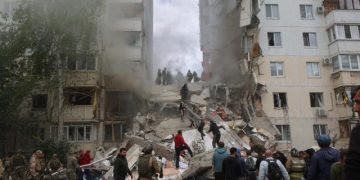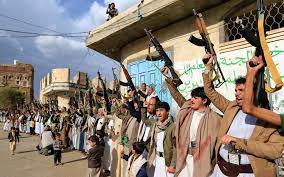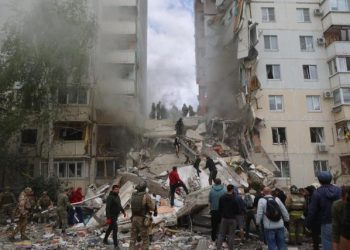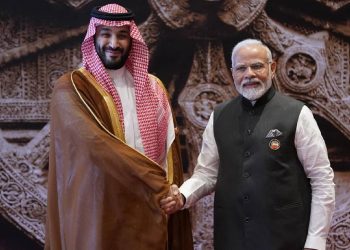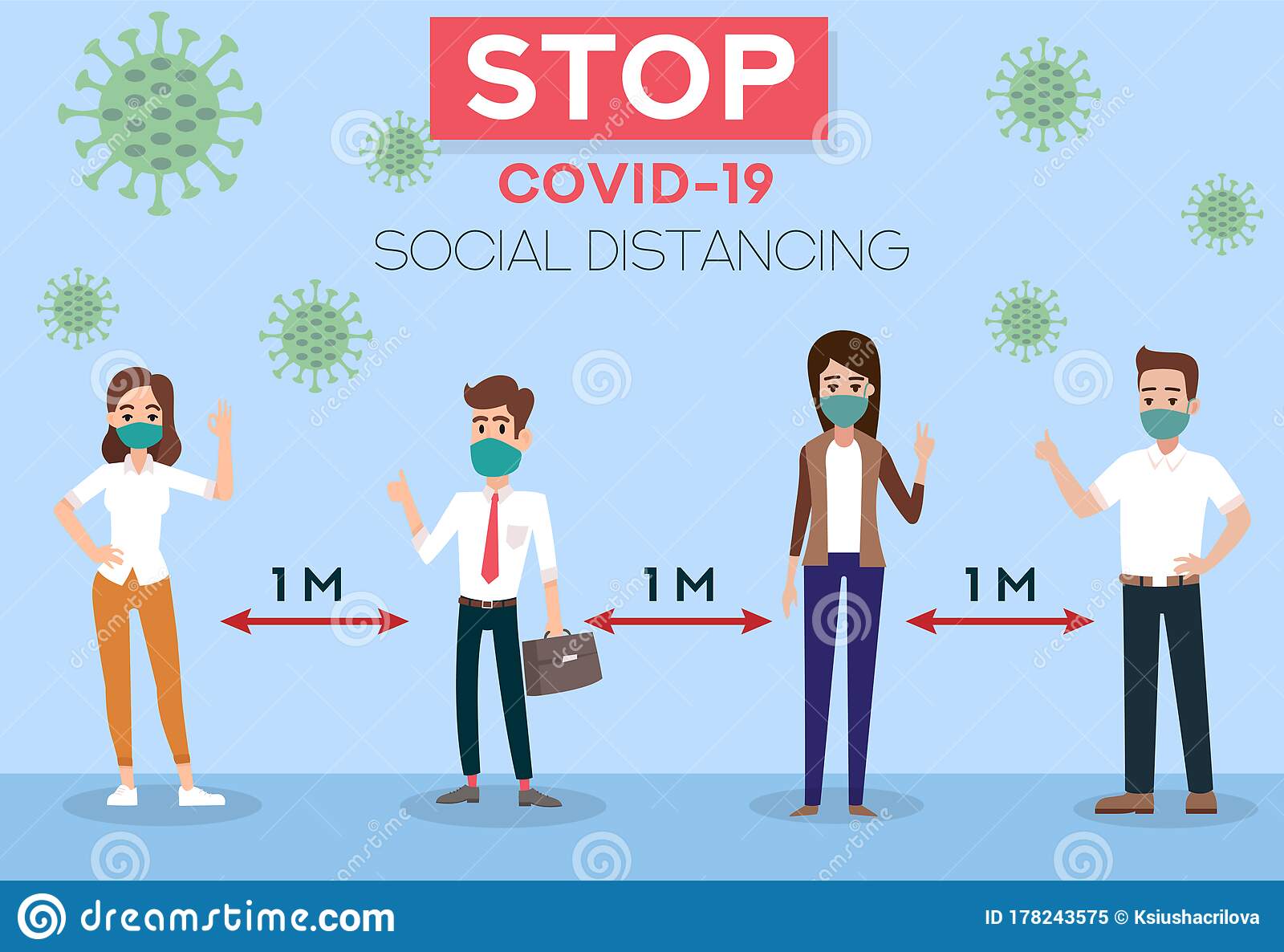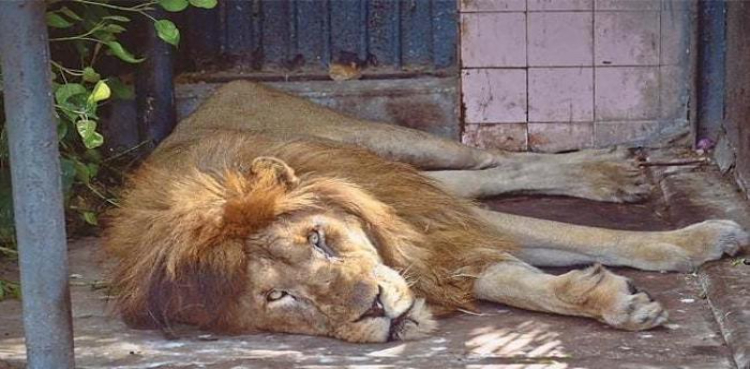Deals have been cut between the US government and Johnson & Johnson, Moderna Inc and talks were in progress with at least two other companies to expand manufacturing capacity within the United States.
The US government said on Monday that he vaccine production is being allowed before safe and effective ones become available. Currently, there are no approved treatments or vaccines for COVID-19 that has killed more than 35,000 people and infected over 745,000 globally in just a few months.
Vaccine cover is not expected to be available for public use until at least 2021, as it needs to be widely tested on humans before being administered to general public as approved prevention from the infection worldwide.
J&J announced on Monday that a $1 billion deal with the US government to create enough manufacturing capacity to make more than 1 billion doses of a vaccine, and its shares were up more than 7 per cent. A candidate for testing has been chosen but it will not be tested before September.
Moderna, which began tests of its vaccine early this month, also signed a deal with the Biomedical Advanced Research and Development Authority (BARDA), part of the US Department of Health and Human Services.
The federal government will make arrangements to encourage drug-makers to be able to produce massive amounts of COVID-19 vaccines even before any are proven to work.
BARDA will partly fund the J&J effort with $420 million. The research agency has said that it plans to spend an unnamed amount to ramp up manufacturing for Moderna’s COVID-19 vaccine candidate. The authority eventually plans to support five or six experimental vaccine candidates, with the hopes of having two or three successful vaccines, BARDA director Rick Bright said in a phone interview.
Experts have estimated it could be 12 to 18 months before a safe and effective vaccine wins regulatory approval. BARDA plans to take over manufacturing of Moderna’s vaccine candidate to enable the Cambridge, Massachusetts-based biotech to focus on testing it in larger trials. The agency hopes to expedite the back end of the vaccine manufacturing process, which involves ensuring that they are made and packaged according to standards set by the U.S. Food and Drug Administration.

